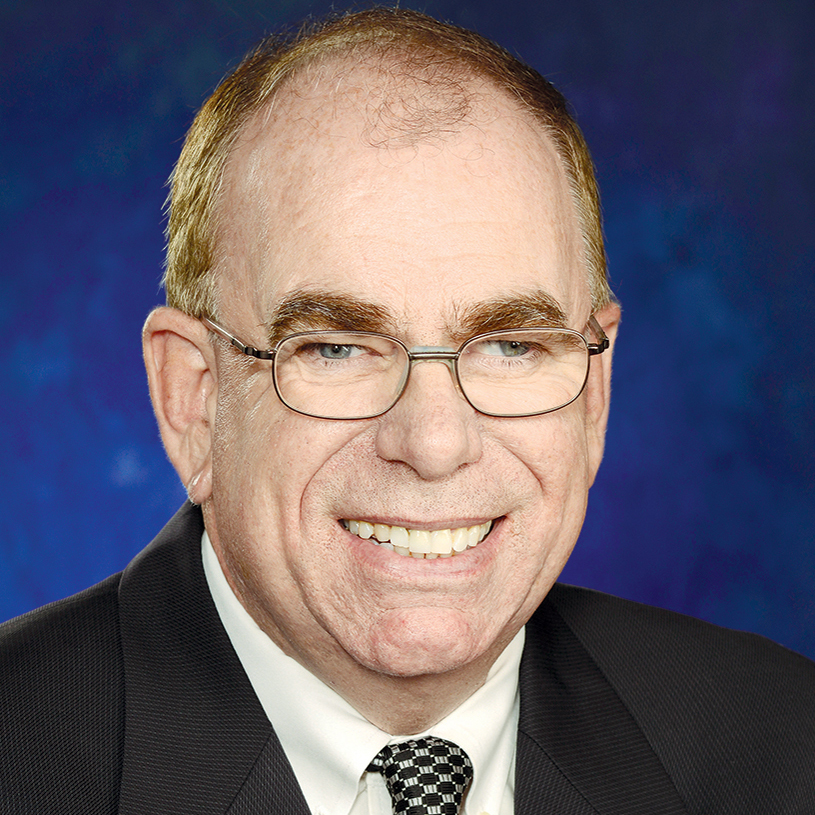
If it looks as if just about everybody with skin in the game is lined up at the coronavirus-relief trough, your eyes aren’t playing tricks. That pretty much is what’s happening.
For in its earnest desire to fend off the second recession in a decade and the first depression of the 21sat century, our federal government is handing out dollars at breakneck speed.
The recipients are citizens, companies and causes ranging from the well-deserving to the shameless. I must admit this spirited spreading of the wealth is something to see. Although creating IOUs at an unprecedented pace might be a more apt description.
The late Sen. Everett Dirksen (R-IL) famously quipped, “A billion here, a billion there, pretty soon, you’re talking real money.” That comment just shows what a small thinker he was. These days in Washington, a billion dollars is practically a rounding error.
Despite this raid on the Treasury, the general consensus seems to be that even more help is needed. And it’s looking increasingly likely.
As Congress gets ready to finalize a third relief package, one of the few remaining sticking points is slowly fading.
In May, Senate Majority Leader Mitch McConnell (R-KY) said extending the now-expired $600 weekly federal unemployment insurance boost would be “crazy policy.” Call him crazy, but these days he seems to find the notion more acceptable.
During this week’s Senate Republican leadership press conference on Tuesday, McConnell said he’s now willing to support an extension, provided President Trump says it’s OK. You can draw your own conclusions about the death of irony.
Many opposed to the extension have argued that it actually provides a disincentive to work. That may or may not be true for the overall economy. But the phenomenon clearly is in play across many senior living communities.
To understand why, simply do the math. Six hundred dollars divided by 40 comes out to 15, or $15 an hour. And that’s just the federal match. Throw in the state unemployment benefit and many workers have this decision to contemplate: Do I stay home and make more money? Or do I go to a workplace where I will earn less and risk a lethal infection? As choices go, this is one the economists like to call a no-brainer.
Extending the $600 weekly federal unemployment insurance benefit surely will bring needed relief to millions of American workers and their families. Some analysts even are insisting that it is the smartest thing Congress has done since the pandemic began.
But continued funding will leave many operators with a math problem that is not so easily solved: How do you get people to stay put if Uncle Sam pays them more to stay home?

